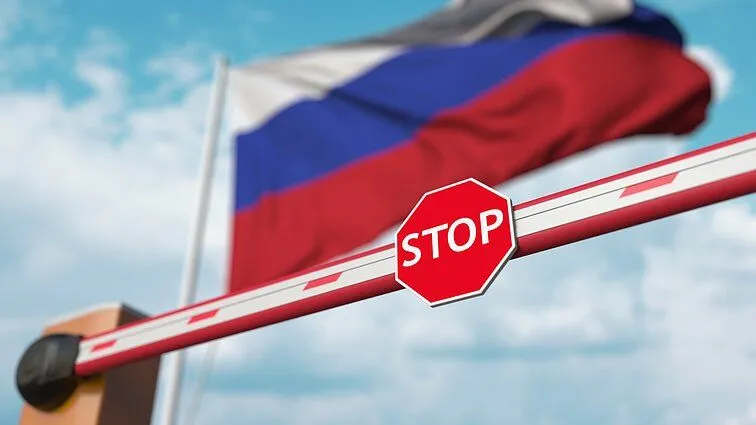Czech Republic proposes to limit travel of Russian diplomats to the EU
The Czech Republic proposes that EU member states restrict travel for Russian diplomats. In particular, to issue visas and residence permits that allow travel only within the host country, and not the rest of the Schengen area.

This was reported by RBC-Ukraine with reference to the Financial Times.
According to the publication, since the beginning of Russia's full-scale invasion of Ukraine, EU governments have expelled hundreds of Russian diplomats, claiming that they were actually intelligence agents.
However, the countries still issue visas to Russian diplomats, giving them access to the Schengen area and the right to move freely in 24 of the 27 EU member states, as well as Switzerland, Norway, and Iceland.
Last week, the Czech Republic circulated a document with ideas on how to prevent this as part of the negotiations on the 12th package of EU sanctions against Russia.
As noted, last year, the Czech Republic expelled more than 70 Russians in connection with the full-scale invasion of Ukraine and Russia's alleged involvement in an attack on an ammunition depot in 2014 that killed two people.
The Czech Republic now wants Russian diplomats to receive visas and residence permits that allow them to travel only within their host country, not the rest of the Schengen area. It also wants the EU to accept only biometric passports, which are harder to fake.
A particular issue raised by Prague concerns officials who receive Austrian visas to work at UN agencies in Vienna and then can travel to the Czech Republic or other countries.
"Agents of the (Russian military intelligence) GRU and other services are arriving on Czech territory. It is very difficult to control this in the Schengen area," said one EU diplomat.
As the publication notes, these discussions are still in the early stages. The complicated legal issues involved mean that any changes are unlikely to be included in the 12th package of sanctions currently being discussed by EU countries.
Author - Serhii Kolomiets, 21/11/2023



































































































